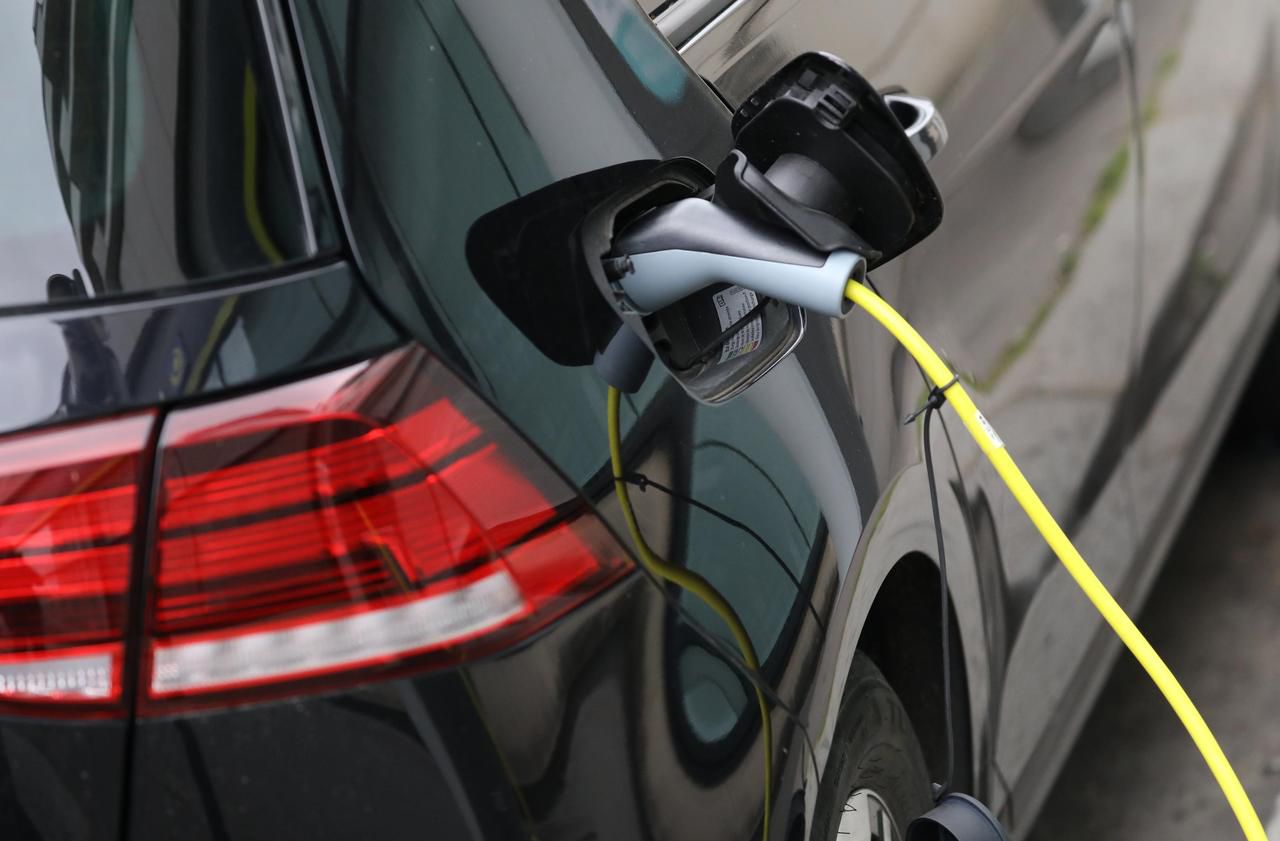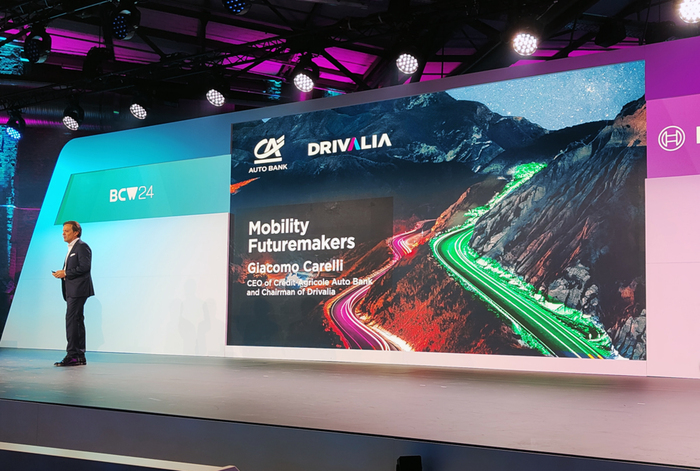From January to August 2020, more than 180,000 new cars were sold with an electric part in their engine.
This is 328 times more than for the whole of 2010. At the time, only five individuals had seen fit to afford an electric car, for 179 business vehicles.
Thanks to data provided to the Parisian by AAA Data, an expert in automotive data, we can see that over the first eight months of 2020 (including several weeks of confinement), dealers have already sold 41% more electric vehicles than in any year 2019, and as many hybrid vehicles with an electric share, even though the French automotive market should experience a decline in sales of 25 to 30%.
Electric finally takes off
It will therefore have taken more than four years between the so-called "dieselgate" scandal and the real surge in electric sales.
In 2010, the diesel engine drove 7 out of 10 new cars (and more than 2.2 million were sold), compared with hardly 3 out of 10 new cars in 2020, in a country that buys almost half as much.
After eight months, electric cars represent just over 6% of new sales and hybrids just under 12%, with volumes that seem to finally take off.
"The maturity of the technology partly explains this success," emphasizes Maxime Pasquier, deputy head of the transport and mobility service at ADEME.
The pioneers of technology have convinced a slightly larger public, to succeed today in seducing the general public ”.
A success that does not stop in the big cities
The transition to the massification of technology can also be understood by observing what happened both on the side of the manufacturers (CO2 emission constraints, installation of low-emission zones in cities, heightened environmental awareness of customers) and buyers side: "The extended conversion bonus, the ecological bonus, sometimes doubled by the manufacturers", Maxime Pasquier list.
Following the example of a virtuous circle, the batteries which could represent up to half the price of an electric vehicle at one time, saw their price gradually fall, thanks to the aggregation of the orders of the manufacturers.
Newsletter "It pays me"
The newsletter that improves your purchasing power
I'm registering
Your email address is collected by Le Parisien to enable you to receive our news and commercial offers.
Learn more
The success of hybrids and electricity is all the more noticeable as it crosses the borders of the ring road.
In August 2020, Paris is no longer the only place of sale for new engines: a quarter of new cars registered in Haute Savoie in August were hybrids, the same in Savoie and more than 20% of new cars sold in the Pyrenees- Atlantiques, or 274 vehicles in one month.
In 2010, less than 100 were sold over a whole year.
How to explain this rural success of electricity?
“To think that the electric car is a mode of urban transport is a mistake.
It is not in large urban centers where market shares are to be taken, ”launches the specialist from ADEME.
For him, it is the rural areas, dependent on cars for their journeys, which have the most profit to derive from these engines.
Especially if regional aid is added to the various bonuses, as is the case in the Arve Valley, where the purchase of an electric car is eligible for € 3,000 in regional aid, which has enabled the replacement of 120 petrol and diesel vehicles.












